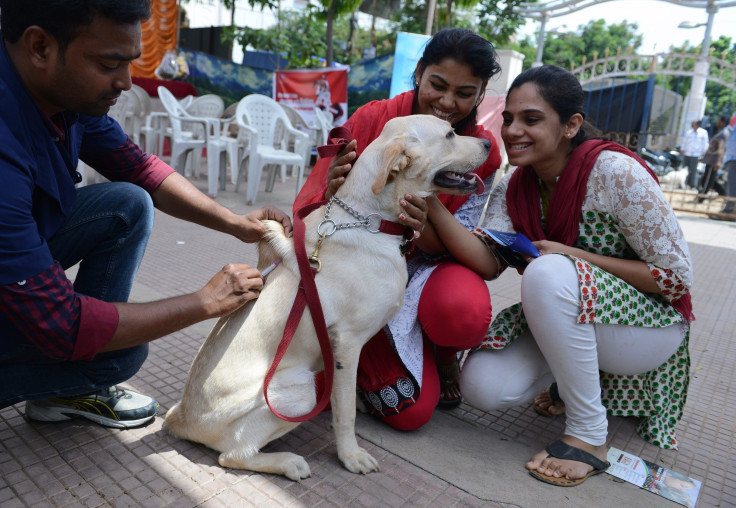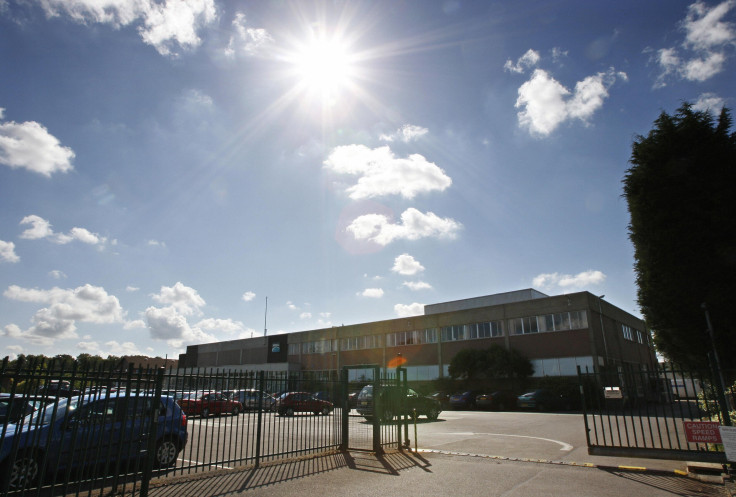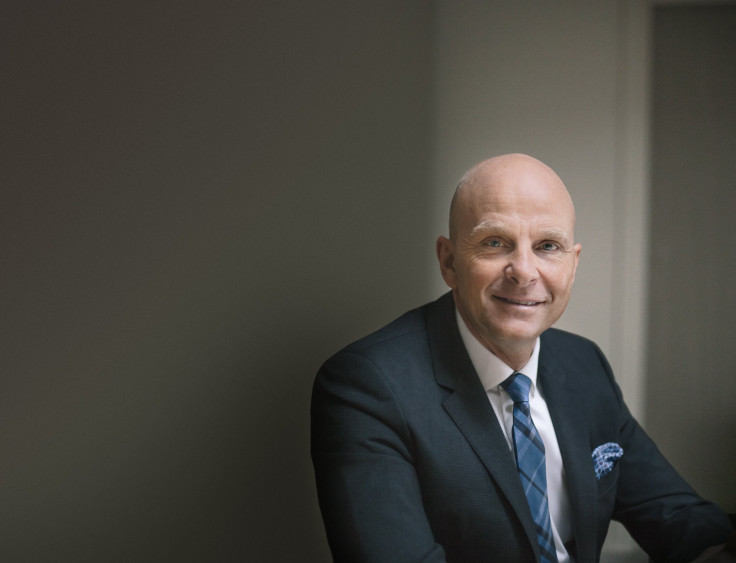Beyond Fleas And Ticks: Merial CEO Makes Case For Animal Medicine's Growing Importance

As people in emerging nations such as Brazil, China and India consume greater amounts of meat and adopt more pets, the animal health business is increasingly important to pharmaceutical companies. Carsten Hellmann, CEO of Merial, the world’s third-largest animal health company, wants to take advantage of these trends. Household pets need vaccines and animals raised for food take antibiotics to prevent the spread of disease. These medicines comprise a $24 billion global market, according to research firm Vetnosis. And the size of that market is expected to expand to $33 billion by 2020.
Merial, based in Lyon, France, is a division of French pharmaceutical giant Sanofi and is already active in more than 150 countries. The company generated $2.1 billion in sales in 2014, which represented about 8 percent of the parent company’s total sales that year.
More recently, Hellmann brought double-digit revenue growth of 14.2 percent to Merial in the second quarter of 2015. Much of that growth came from the company's pet division, which debuted a dental hygiene treat called Oravet for dogs in July (many pet owners kiss their dogs, he points out) and continues to build momentum from the 2014 debut of a new chewable flea and tick prevention product called NexGard.
On the livestock side, Merial relaunched one of its most popular poultry vaccines, which is currently used in 80 countries as a tablet that can be dissolved into water and sprayed over chickens who breathe in the medicine. This saves the trouble of vaccinating each chicken individually. The company points out that chicken is expected to become the “protein of choice” worldwide in the coming decade, due mostly to growing demand in the Asia-Pacific region.

But there are also challenges ahead. While a rising worldwide population and the buildup of wealth in developing nations generate demand, environmental groups have urged consumers to purchase less meat. They are concerned about the role greenhouses gases emitted by livestock, and deforestation for grazing land, play in bringing about climate change. Antibiotic use is also a concern as it breeds resistance.
This week, those groups were dealt a setback in the U.S. when a recommendation by the Dietary Guidelines Advisory Committee that official dietary guidelines include sustainability as criterion for a healthy diet was overruled by the secretaries of agriculture and health and human services.
Hellmann sat down with International Business Times this week to talk about trends he sees guiding the industry. The interview has been edited for clarity and space.
International Business Times: What are some of the major shifts you’re seeing in animal health right now?
Carsten Hellmann: You have two very big megatrends in animal health -- one of them is that you need more protein to be fed to the people. That requires two to three times more animals to be bred and produced and eaten.
The other part is in the pet sector. Today, people treat them as their children. That opens a range of opportunities for companies in animal health. We can go in and develop medicines to protect people's animals, which are the love of their lives. This isn't taxpayer’s money -- this is money that people spend.
IBT: Where are these trends most evident?
Hellmann: Definitely in the developed world, but you also see it in emerging markets. It's more about how the economy is developing, how they're looking into family structures. In China, it's not going to be a big mastiff dog. It’s probably going to be smaller animals because they live in smaller apartments. In Brazil, it's evolving very fast right now.
IBT: As Merial’s leader, how do you position the company to capitalize on these trends?
Hellmann: We've got to make sure we don't spread ourselves too thin. We have to make sure that in every one of the areas we’re focused on, we can become global [number] one or two. That's about execution -- really doing it right and being good, honest, long-term-thinking people
I think what we have done in Merial is we got more energy out of a lot of great people. We had a blockbuster product called Frontline. What a big blockbuster product is doing to a company sometimes is -- everything else doesn’t matter. When suddenly that blockbuster started dropping, we managed to make sure everything else got refocused, reprioritized and refunded.
What happens is you have a lot of products that aren't really making the deadline, and so you cut everything a little bit and then everyone gets less funded and you get nowhere.

IBT: Traditional pharmaceutical companies have lowered their investment into R&D and opted to purchase new drug candidates from biotechs. What has been your approach to R&D?
Hellmann: We also at Merial are trying to reach out to biotech companies and to see if we can acquire technologies.
IBT: Do you think biotechs will be interested in that?
Hellmann: Yes, because you can get the same margin, much faster. It won't go away. This is not a bubble.
IBT: Why do you think animal health businesses have struggled to earn the same recognition and attention from investors as major pharmaceutical companies?
Hellmann: We're a $2 billion-plus company, which is much larger than a lot of companies. We've been buried into pharma companies and other constellations. We didn't really get the clout, but I think it’s changing rapidly. We are doing very well in Merial right now. We're growing fast. We are the second fastest-growing animal health company right now after Zoetis. We are probably one of the fastest-growing companies in our industry right now and we are very, very profitable. It's a very good business.
IBT: What made you decide to switch over to animal health, after a career in medical devices and pharmaceuticals?
Hellmann: I was approached by [former Sanofi CEO] Chris Viehbacher. Animal health in Sanofi wasn't doing that well, and they wanted a management change. I looked into it and I made myself a presentation of 50 pages about why this is relevant to the Earth and why would I be able to make a difference in this space. I convinced myself that it's actually much more important than I thought. This is a totally untapped potential and we have a huge responsibility to make it happen. If I can contribute to that and at the same time, take a company that’s in trouble and make it big and healthy again -- what could be a better job?
© Copyright IBTimes 2025. All rights reserved.






















